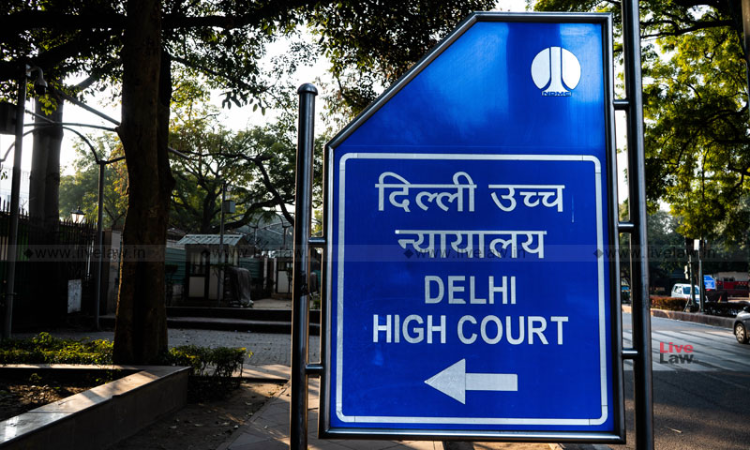Trial Courts Cannot Grant Bail In POCSO Cases In The Absence of Complainant: Delhi HC Reiterates
Karan Tripathi
15 May 2020 10:28 AM IST

Next Story
15 May 2020 10:28 AM IST
The Delhi High Court has directed the Registrar General to circulate the Practice Direction dated 24/09/19 as well as the orders of this court in the case of Reena Jha v. Union of India, to all the District & Sessions Courts in order to ensure compliance of these directions by the criminal courts.The order has been passed by the Single Bench of Justice Brijesh Sethi in a plea challenging...
